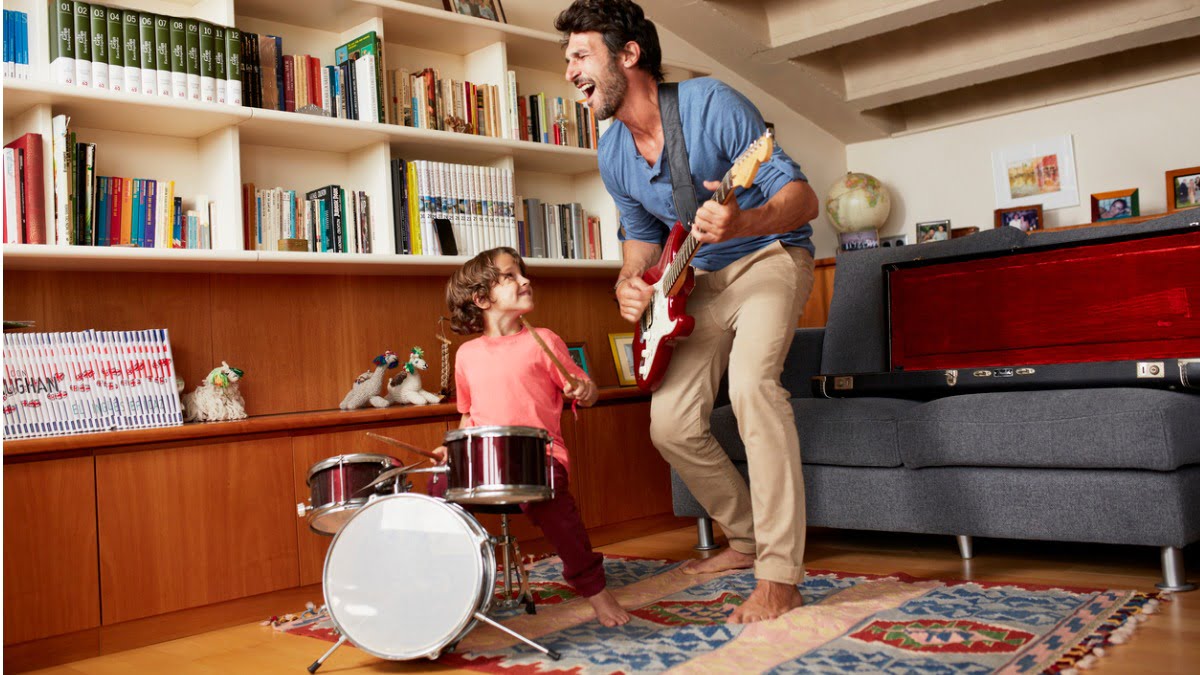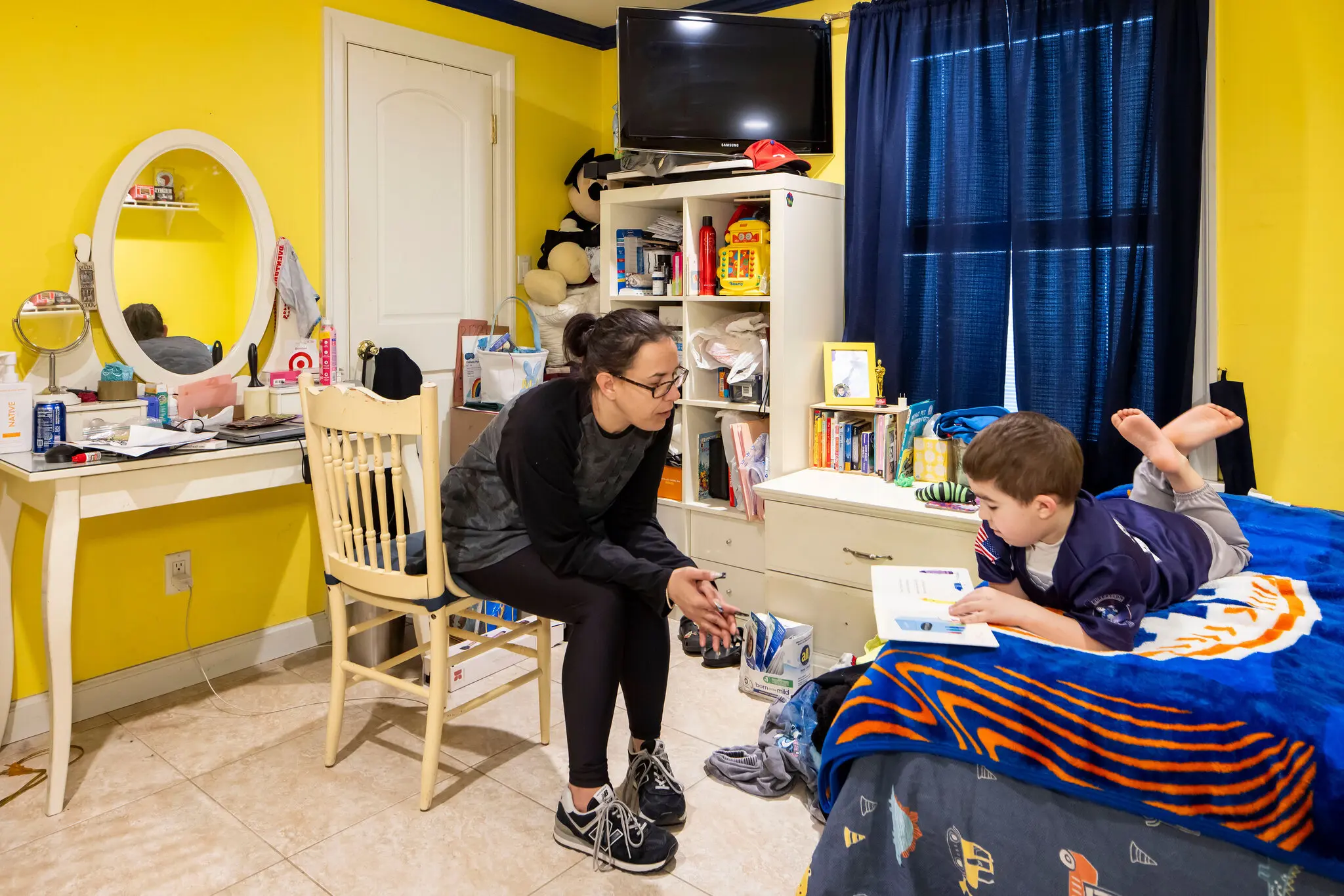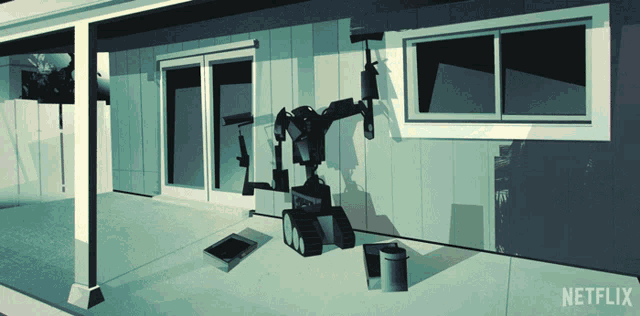Millions of Americans across the country have been ordered to “stay at home” to reduce the spread of COVID-19. That means millions of renters are social distancing in apartment buildings. Apartment buildings that house hundreds of residents spanning all ages, interests, and backgrounds. Apartment residents who have TVs, stereos, video game consoles, vacuums, hair dryers, musical instruments, phones, dogs, cats, birds, and countless other noise emitting sources. It is more important than ever to be aware of your own noise output.
How can we be more aware about our own noise output?
For starters, take stock of your own noise contributions by considering these suggestions. Then check out this post for tips on how to insulate yourself from the noise of others.
1. Be mindful of device volume.
When watching the TV or listening to your favorite tune, select a volume that keeps the sound within your home. You might want to crank up that sound so that you can feel it in your bones, but now really isn’t the time to do so.
This pandemic will end. People will go back to work. The days will return when you can retreat into your apartment with few neighbors around. When that time returns, feel free to blast your all time favorite song. Until then, keep that knob at volume 5, not 10.
2. Keep noise out of shared spaces.
We’re all cooped up in our homes. To get a reprieve, you might think about stepping into the hallways to speak with your best friend on the phone. Don’t do it. Your noise output awareness will be much appreciated.
By pacing past doorway after doorway as you lament about a lack of toilet paper with your bestie, there will be residents inside their homes hearing your every word. It’s not so much what you’re talking about that will annoy, it’s that fact that you’re talking loudly (as most people do when they’re on the phone) and involuntarily bringing your neighbors into your conversation.
3. Actively manage pet noise.
We all love our animals and have grown accustomed to their howls, tweets, and purrs. While we may love them, they can absolutely grate on the nerves of our neighbors.
If you have a dog that barks at the door every time someone walks by, now is the time to break it of this habit. You’re home. The dog’s home. Intervene. Don’t sit on the couch while your pooch loses its mind. Get up, get a treat, use a word to signal silence (like “no bark”), and reward it for changing its behavior.
4. Strategically close windows and doors.
Trumpets will need to be practiced. You’re going to get into an argument with your partner. You will need to vacuum. Your hair still needs to be blown dry. You can do these things and still have awareness of your noise output.
When you know you’re going to increase the output of volume, minimally close your windows and doors to keep it from permeating the residences of others. Once you’ve completed that decibel elevating activity, open your windows and doors and let the open air flow.
5. Think about the other side of shared walls, floors, and ceiling.
On the other side of that separator, is a resident.
Now’s a good time to think about where certain items in your household are located. Is your TV speaker directly against your living room wall? That same wall that serves as the bedroom wall of your neighbor? What about your bed’s headboard? Is that also against the wall. You know, when your kids jump on the bed, each time it hits the wall, your neighbors hear it.
Oh, and your floor. Your floor is your neighbor’s ceiling. Take off your heels when you get home and put on some slippers. Your neighbors will be grateful to you if you exercise on a carpeted surface, versus that hardwood floor that serves as a noise amplifier.
6. Respect “quiet hours.”
Larger rental communities typically have published hours when sound levels are expected to be at a minimum (e.g. 10pm – 8am). If those exist, be sure to adhere to them more than ever to demonstrate your noise output awareness.
If they aren’t established formally, perhaps you might take the lead in organizing such an effort for your building. It would just be temporary and there could be some sort of incentive included. Perhaps, all quiet households without any noise complaints get entered into a raffle.
7. Negotiate a collective “loud time.”
Hear me out on this one!
“Stay at home. No more shaking hands. Wear masks. Wash your hands. Balance working from home and your children’s crisis schooling. And now I need to be quiet while at home?!?!? OMG. This is all too much. If I am asked to do one more thing, I might lose my mind,” said at least one renter on this planet.
Anyone else feel that way?
Well, why not create a short period of time, maybe just 1 hour, when everyone can let loose and not have to be restrained. Children can run wild and do jumping jacks without fear of being scolded. You can play that song as loudly as you wish. Everyone can vacuum at the same time. It could be called, “The Loud Hour.” For those not wanting to be subjected to the mayhem, perhaps a walk around the block is in order, or maybe that’s when you go to the store for essential supplies.






